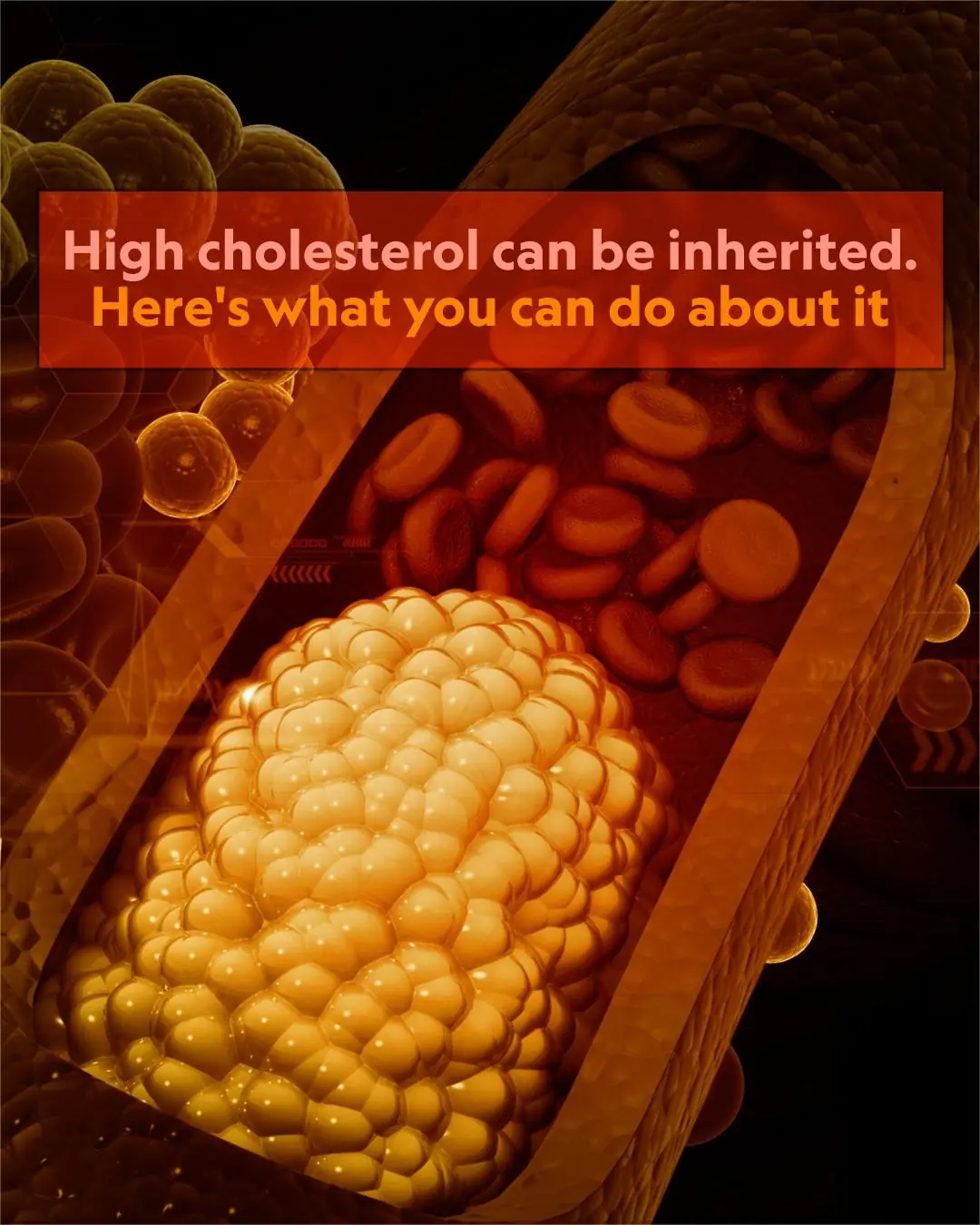
High cholesterol can be inherited. Here's what you can do about it
Most people associate high cholesterol with an unhealthy diet, lack of exercise, or aging — something that builds up slowly over time. But for some, elevated cholesterol isn’t the result of lifestyle at all. Instead, it’s inherited through a genetic condition known as familial hypercholesterolemia (FH).
🧬 What Is Familial Hypercholesterolemia?
FH is caused by a genetic mutation that leads to lifelong high LDL (“bad”) cholesterol levels, regardless of diet or activity. According to the U.S. Centers for Disease Control and Prevention (CDC), about 1 in 250 people has FH. Yet experts estimate that 70–90 percent remain undiagnosed, leaving them at risk for serious heart problems.
Without proper management, FH greatly increases the risk of early heart attacks and strokes. Detecting it early can be lifesaving.
🩺 Why Cholesterol Matters
Cholesterol itself isn’t harmful — in fact, it’s essential. Every cell in the body needs cholesterol to build membranes and produce hormones. But problems arise when LDL cholesterol builds up in the artery walls.
Excess LDL particles trigger inflammation, much like a splinter under the skin. Over time, this can damage artery linings and cause dangerous blood clots — the underlying process behind most heart attacks and strokes.
⚠️ Signs and Symptoms
Most people with high cholesterol feel no symptoms until serious complications occur. FH is especially insidious because cholesterol levels are high from birth.
In rare cases, very high cholesterol may cause:
-
Fatty deposits in tendons (xanthomas)
-
Yellowish patches on the skin
-
A white ring around the cornea of the eye
But for most, routine blood tests are the only way to detect it.
🔎 Who Should Be Tested?
-
Children: Pediatric guidelines recommend cholesterol screening between ages 9–11 if a parent has FH. Some children may be tested earlier.
-
Adults: There’s no age “too early” for testing. Anyone with a family history of heart disease, stroke, or high cholesterol should ask for screening.
It’s also important to test for lipoprotein(a), another inherited cholesterol particle often elevated in people with FH, which further increases cardiovascular risk.
🥗 Living With Inherited High Cholesterol
Lifestyle changes alone won’t normalize cholesterol in FH — but they still matter. According to cardiologists, healthy habits can cut cardiac risk by up to 80 percent, even when LDL remains high.
Recommendations include:
-
Eating fruits, vegetables, whole grains, lean protein, and nuts
-
Limiting added sugars, sodium, red meat, and processed foods
-
Exercising at least 150 minutes of moderate activity per week (walking, cycling, swimming)
-
Avoiding smoking entirely
Most people with FH will also need cholesterol-lowering medications, such as statins or newer therapies, to reduce LDL and protect the heart.
✅ A Winnable Battle
A diagnosis of familial hypercholesterolemia may sound daunting, but experts emphasize that it’s treatable and manageable. With the right combination of medical care, lifestyle adjustments, and early detection, people with FH can live long, healthy lives.
As cardiologist Dr. Ashish Sarraju explains:
“In most cases, I consider high cholesterol treatable and a winnable battle.”
The key is awareness — recognizing that if heart disease runs in your family, testing early could make all the difference.
News in the same category


Why Climbing Stairs Daily Is a Small Habit With Big Health Benefits
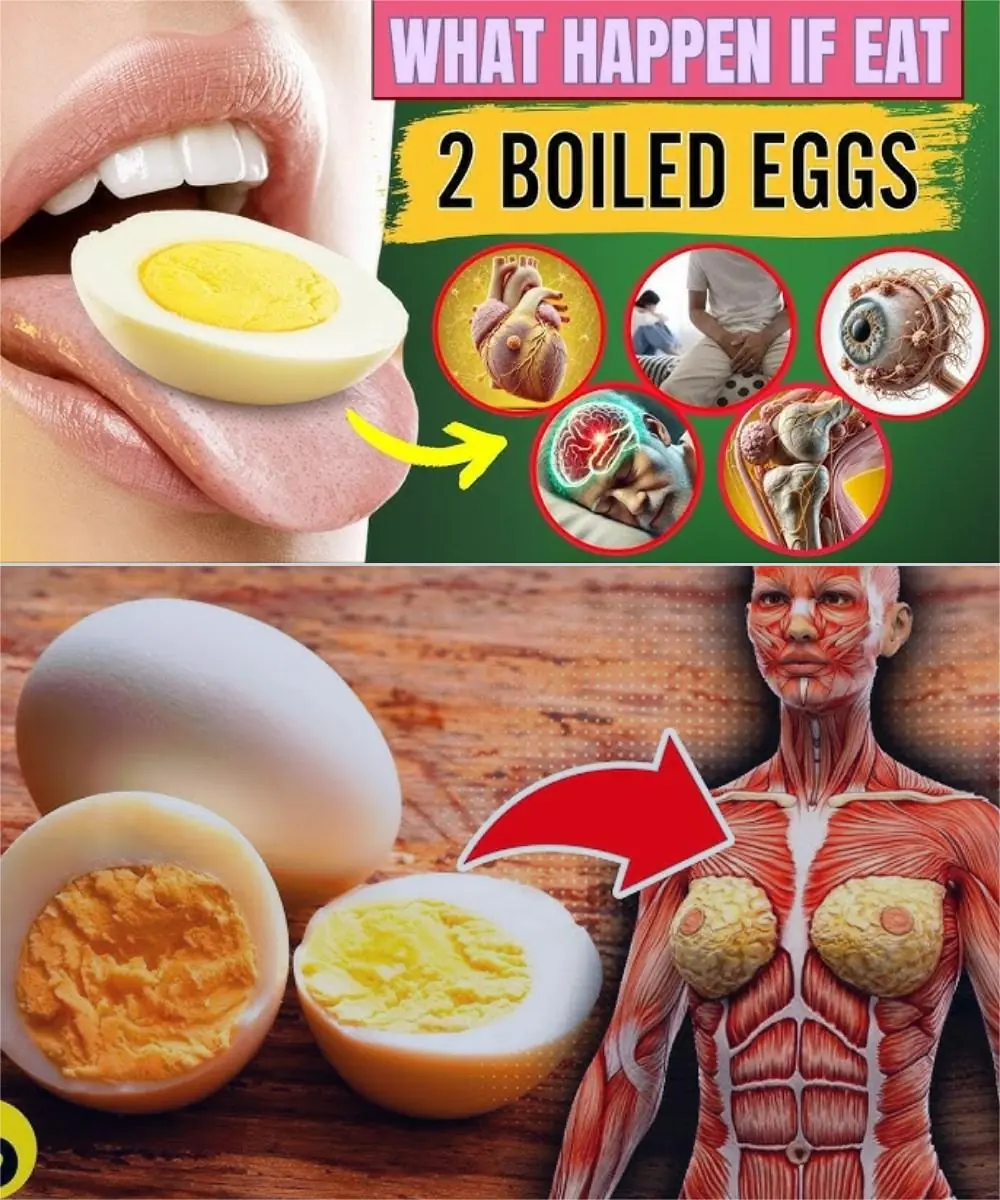
Why Boiled Eggs Deserve a Spot on Your Breakfast Table

When Nighttime Leg Cramps Become a Concern
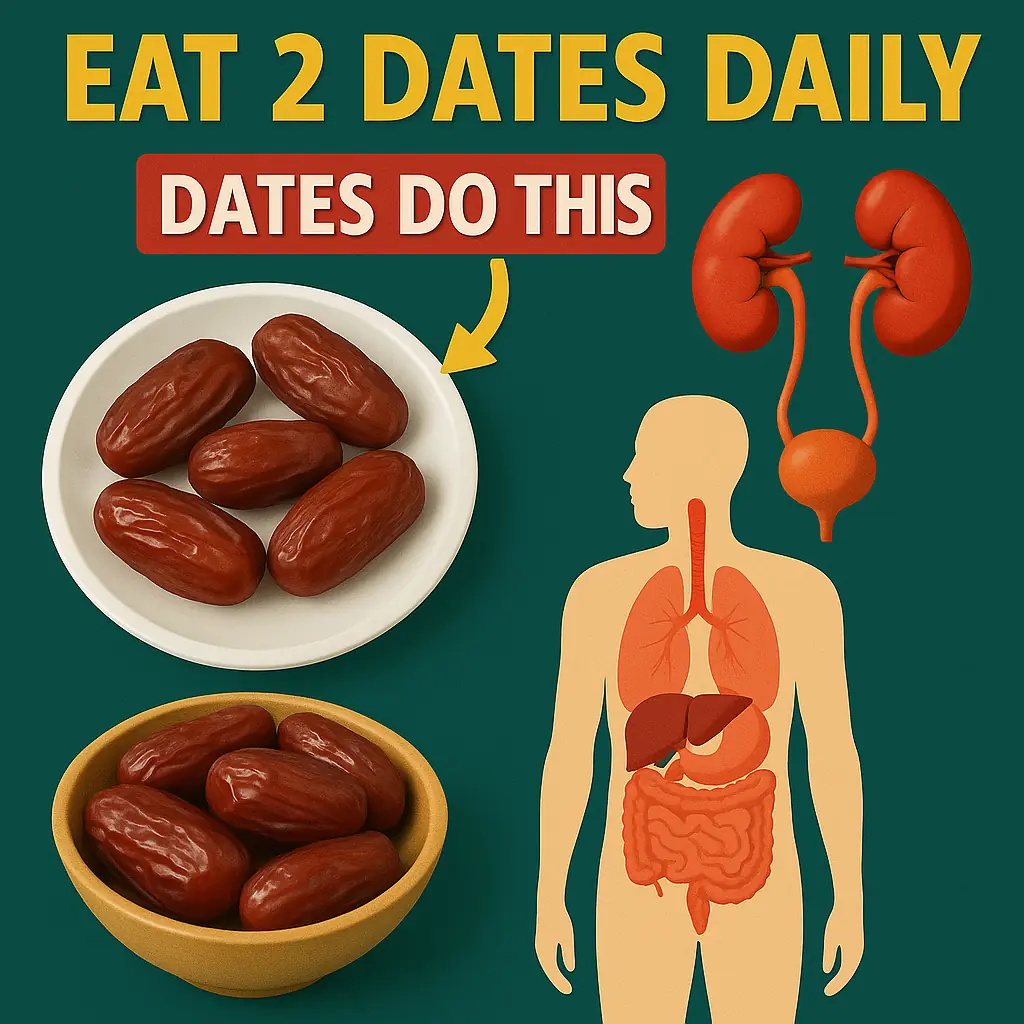
A Sweet Tradition: What Happens When You Eat 2 Dates a Day for a Month

Health Bruce Willis Moved to Specialized Care Facility as Dementia Progresses, Living Apart from His Family
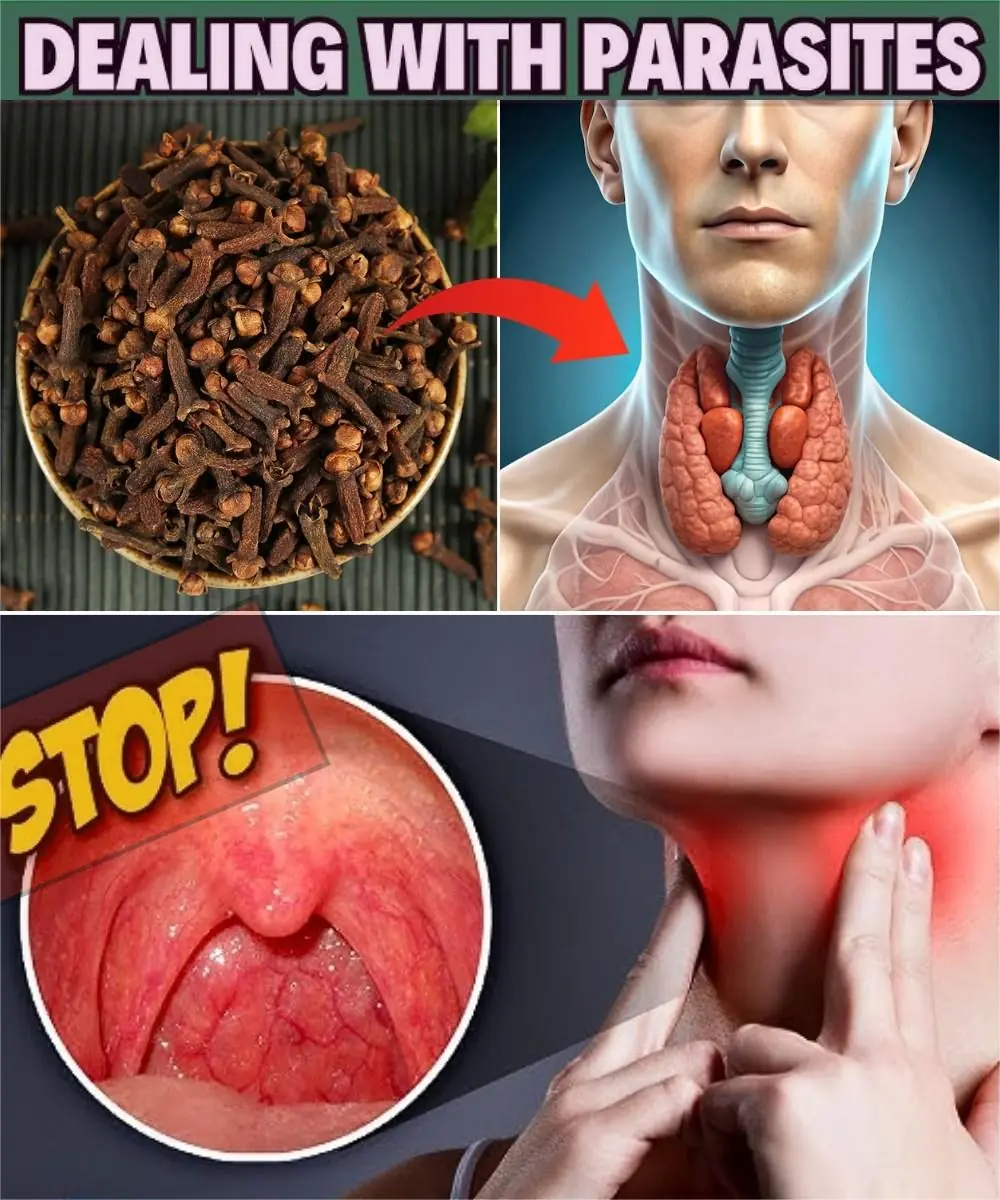
Scratchy Throat? Try This Tiny Spice for Gentle, Natural Relief
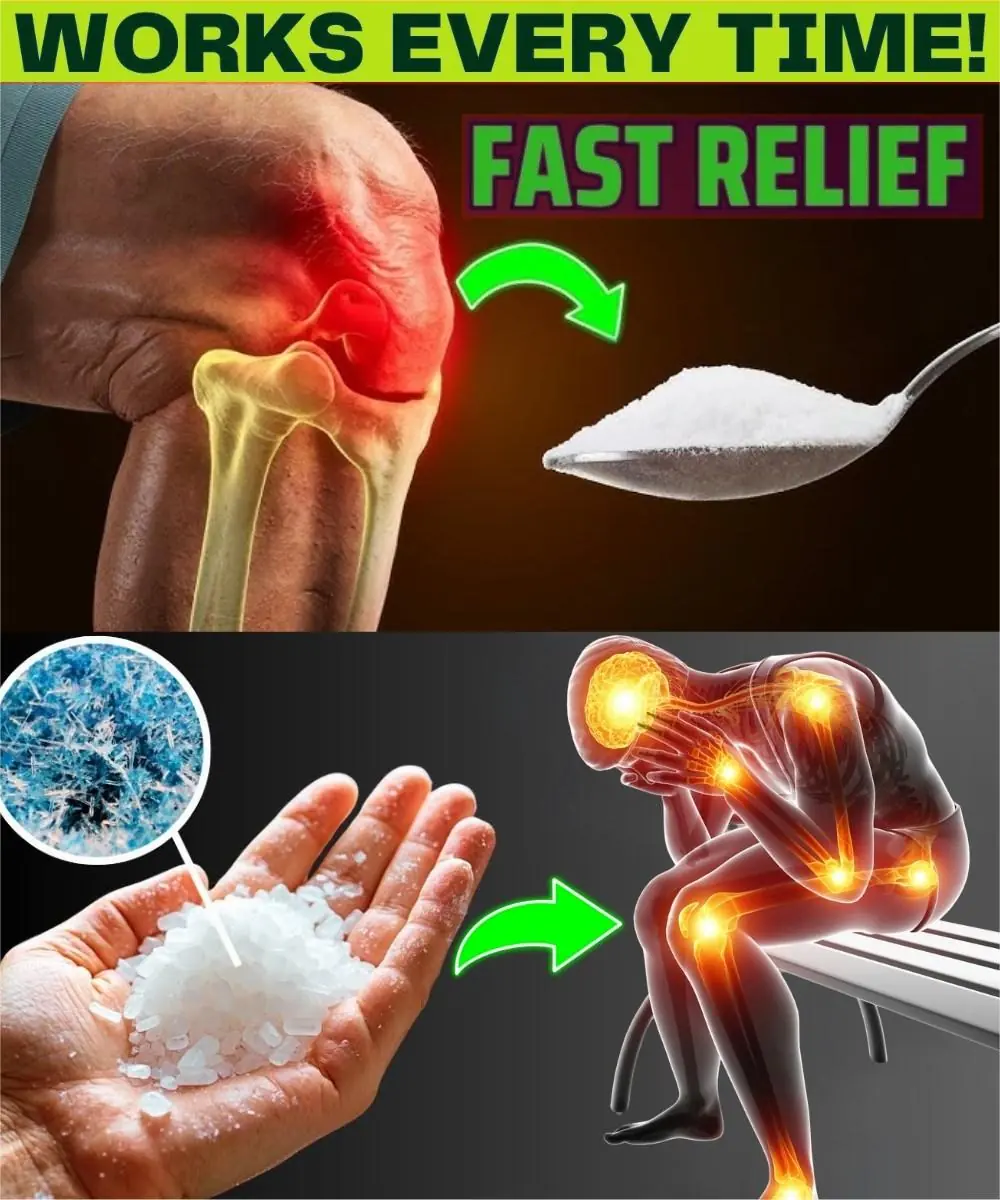
Rub Epsom Salt and Fix These 10 Health Problems (Benefits for Over 50s)

🌿 What Happens When You Eat Cloves Every Day for 30 Days?
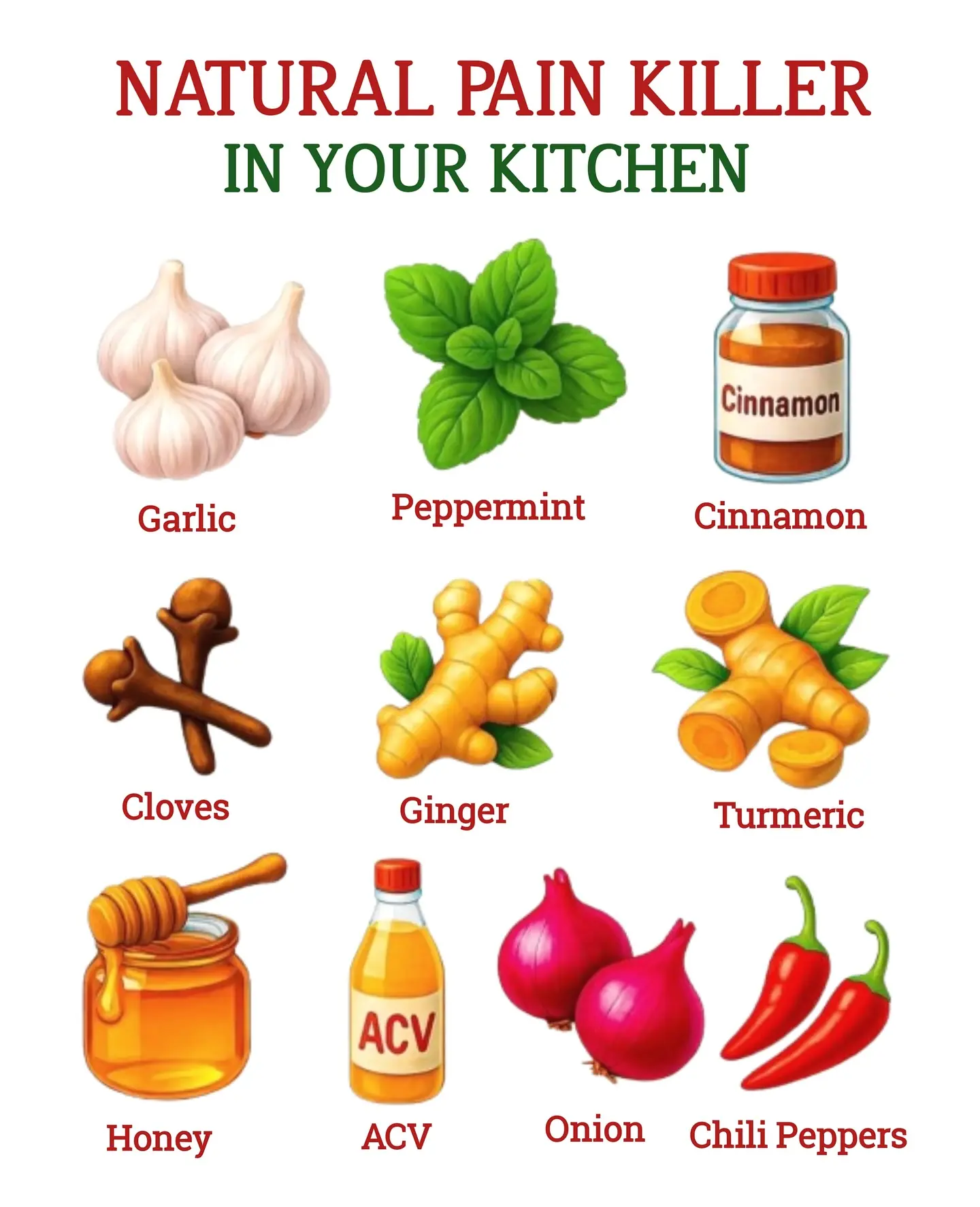
Natural Pain Killers You Can Find in Your Kitchen

Audrey Crews Becomes First Woman to Receive Neuralink Brain Implant

Too Much Sugar, Not Cholesterol, May Be Your Heart’s Biggest Threat

🌿 Unlock the Ancient Healing Secrets of Euphorbia Prostrata: Your Natural Path to Wellness

A Gentle Herbal Infusion to Support Kidney Health and Natural Detox

🌿 3 Nourishing Drinks to Support Leg Strength, Circulation & Comfort After 60
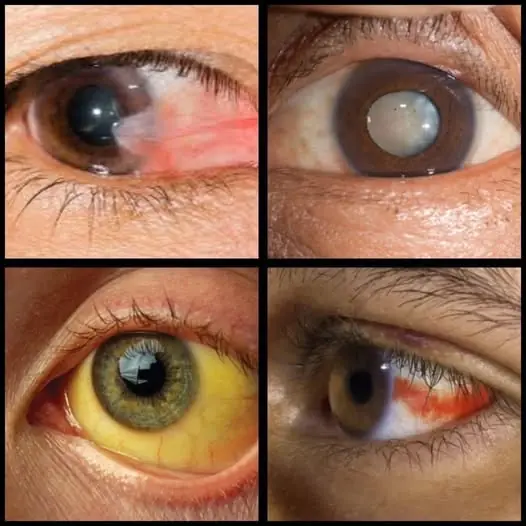
Warning Signs in Your Eyes: When to Seek Urgent Medical Attention
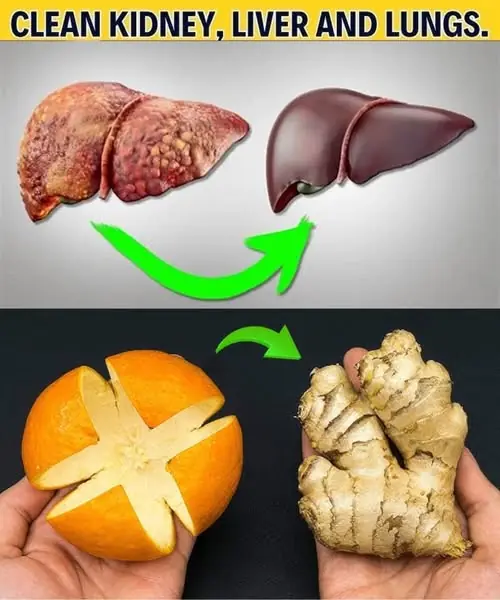
Flush Out Toxins Naturally: Support Your Kidneys, Liver, and Lungs for Vibrant Health

8 Common Foods That May Harm Prostate Health – And What to Choose Instead
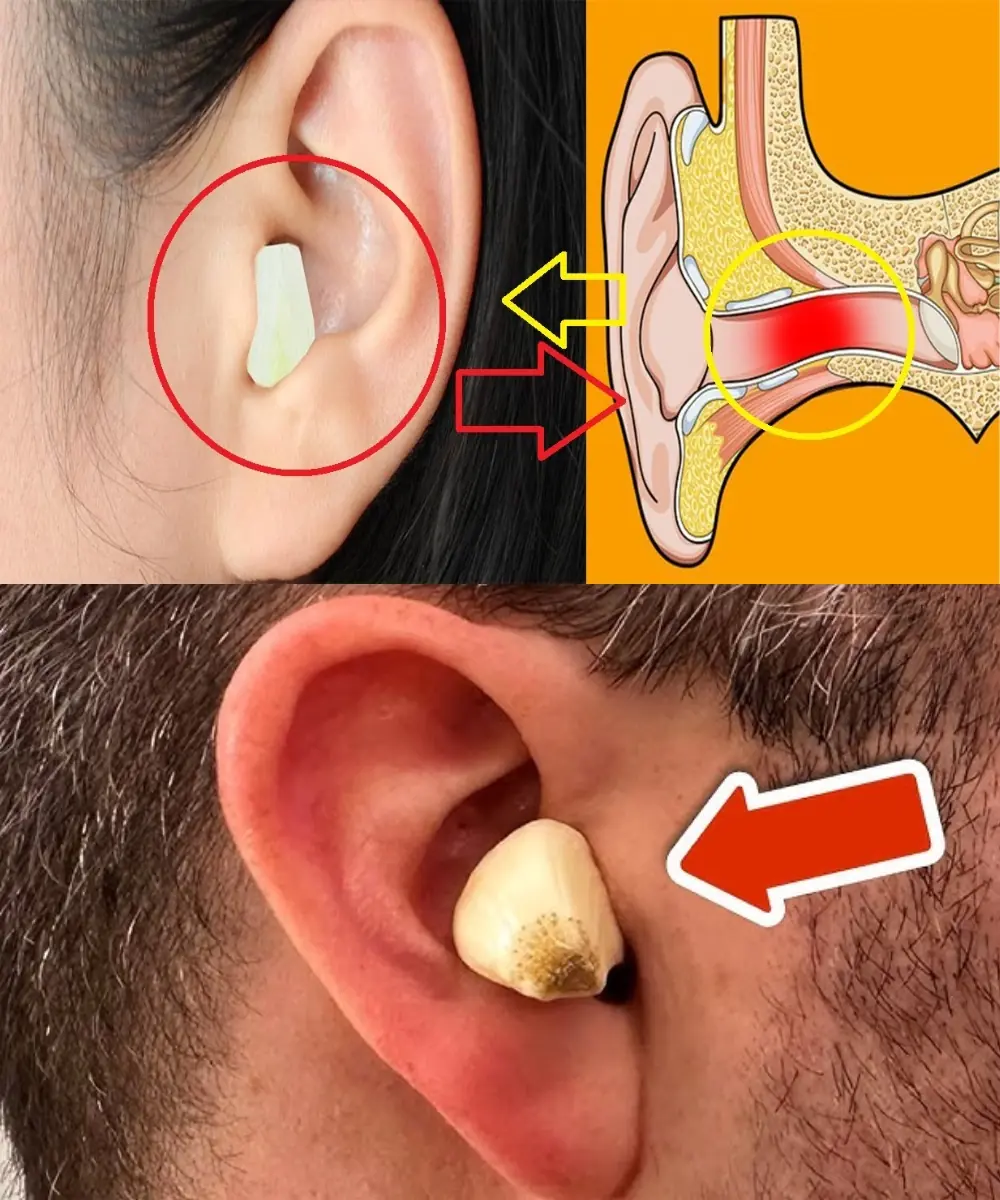
Garlic and Onion: The Natural Secret to Better Hearing
News Post
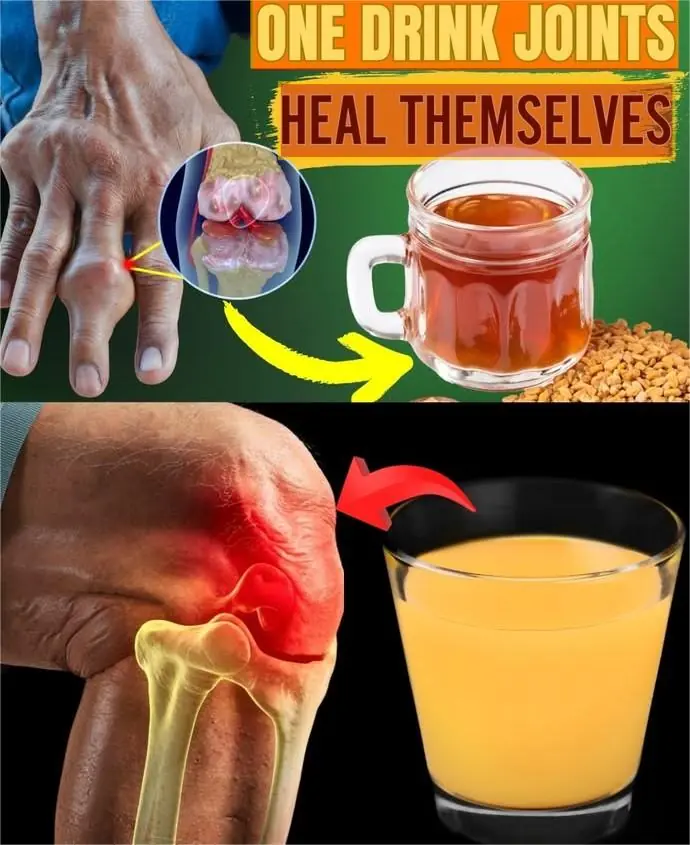
Surprisingly Fast Relief for Joint Pain

3-Day Carrot Detox: A Natural Reset for Your Body

Crockpot French Onion Meatloaf with Melted Swiss Cheese: A Flavorful, Slow-Cooked Delight! 🧀🥩

Whiten Your Teeth Naturally in Just 2 Minutes

Don’t Boil Eggs Directly In Water — Here’s How FIVE-STAR Hotels Cook Their Eggs!

37,368 HFMD cases logged nationwide

Why Climbing Stairs Daily Is a Small Habit With Big Health Benefits
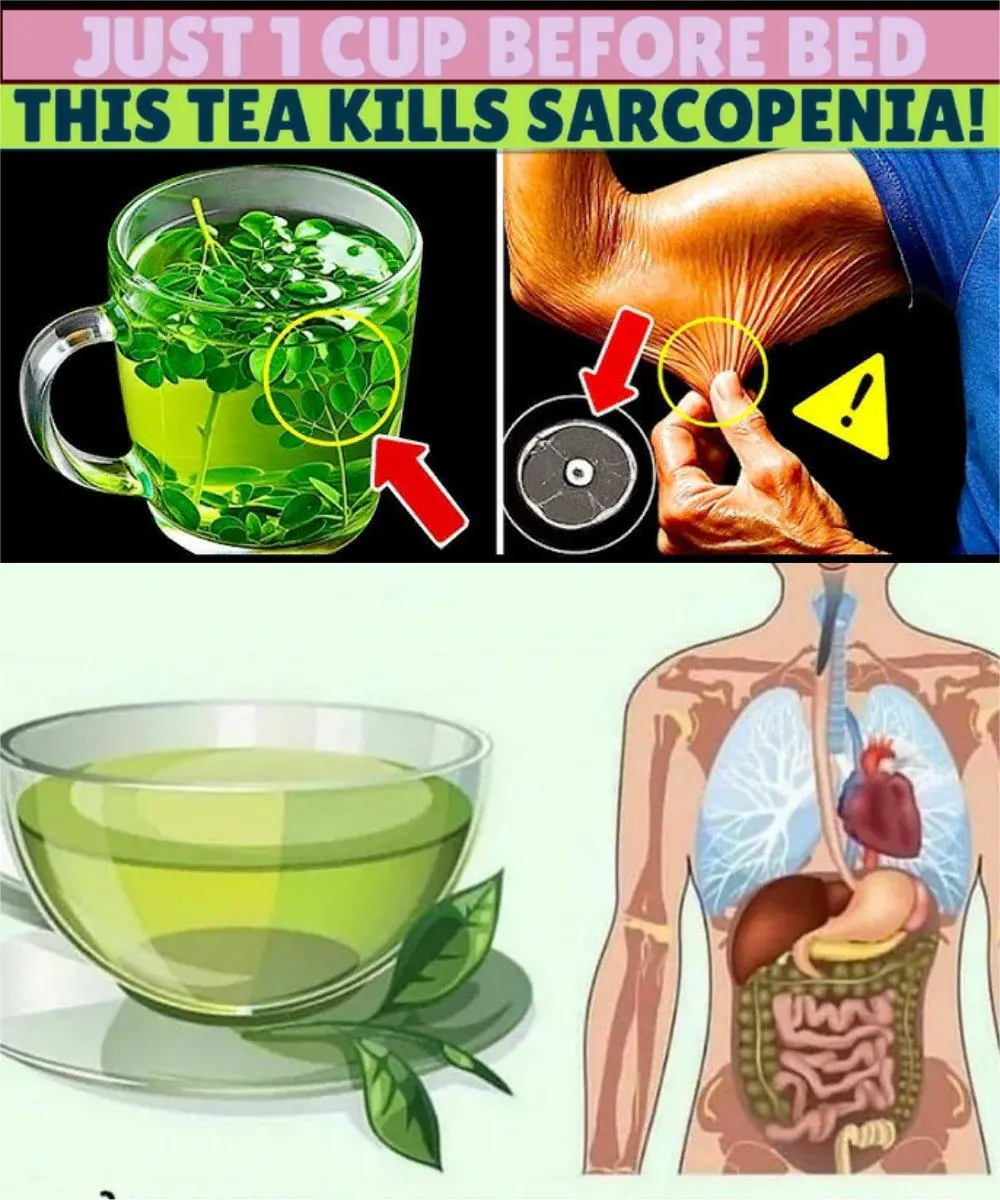
Herbal Teas for Circulation: Gentle Support for Heart & Vitality
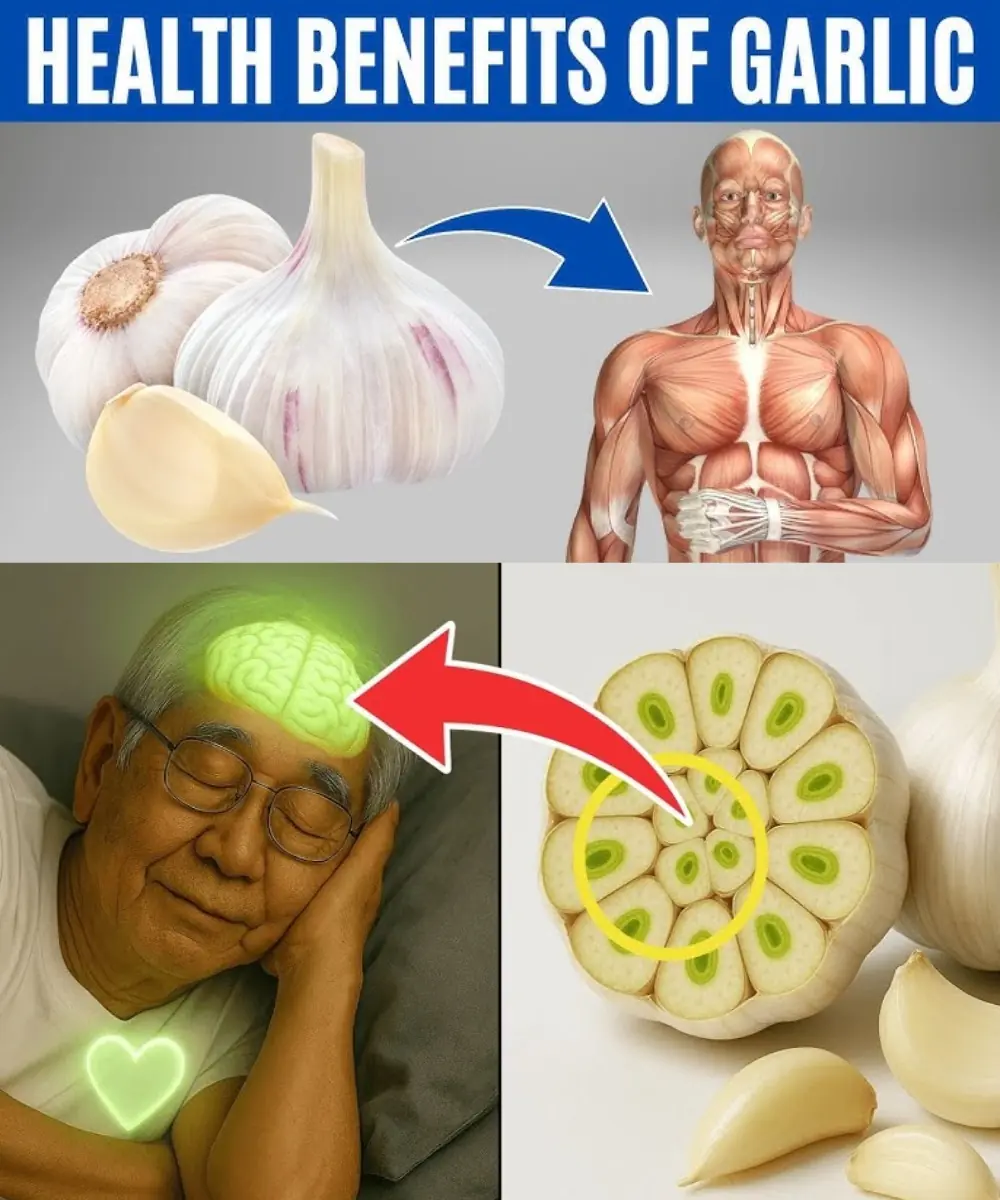
Struggling to Sleep? This Ancient Garlic Remedy May Be the Secret to Restful Nights

Why Boiled Eggs Deserve a Spot on Your Breakfast Table

Keanu Reeves Turns Emergency Landing into a Heartwarming Road Trip

Understanding the Relationship Between Breast Size and Hormonal Health

When Nighttime Leg Cramps Become a Concern

Morgan Freeman Turns Mississippi Ranch into Bee Sanctuary to Help Save Pollinators

A Sweet Tradition: What Happens When You Eat 2 Dates a Day for a Month

Dutch Regenerative Farms Redefine Agriculture: Inside the Practices of Bodemzicht

Health Bruce Willis Moved to Specialized Care Facility as Dementia Progresses, Living Apart from His Family

Scratchy Throat? Try This Tiny Spice for Gentle, Natural Relief

